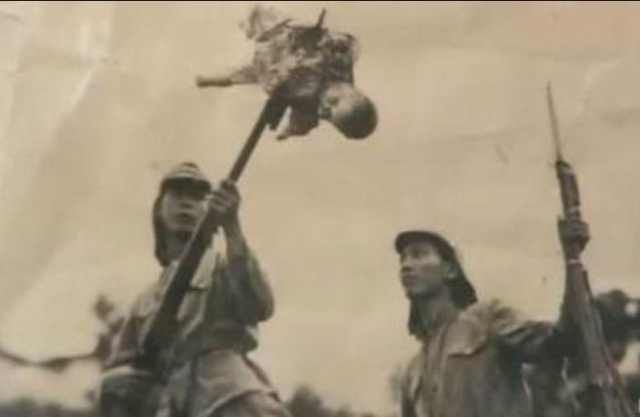Japan deserved what it got. The Rape of Nanking, The Bataan Death March, Unit 273 which did Human experiments, the use of Gas and Biological weapons, and the 10-20 million murdered Chinese, the undeclared acts of aggression, make that statement true.
No one can definitively know if the bombings were necessary, what we do know is that there was a
armed Japanese military rebellion that attempted to overthrow the Emperor and continue the war, **after both bombs had been dropped . **
If the war had continued it would have been horrible for all involved.
-Japan knew where the allies would invade due the geography of Japans home islands and had moved elite troops to those positions.
-An invasion might have meant Soviet involvement, which could have split Japan up into two nations one Communist one democratic, just like North and South Korea.
-An invasion would have killed much more Americans and Japanese.
In the end peace might have been possible with out the use of Nuclear Weapons. But the risk of not using them was too great. It is important to note that we have the luxury of scrutinizing Japans political situation, we have access too the diary’s and interviews of Japanese military and cabinet members, but people back then did not, no they saw the Soviets massing in Manchuria, they saw the 18 teen year olds training to invade, they saw the determined fanatical lengths to which Japan had already went to win the war, so they acted.


